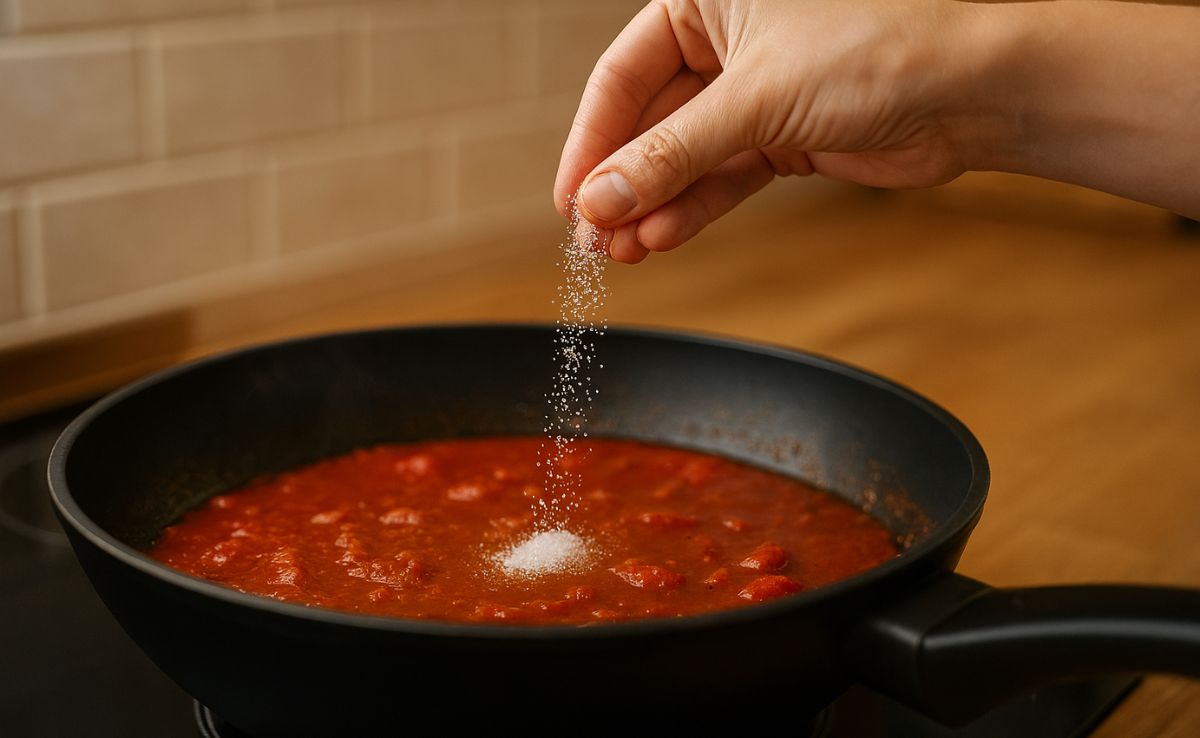Mango is known as the 'king of fruits' -- a well-known summer fruit that finds a number of uses in the Indian cuisine. Both raw and ripe mangoes are used to prepare dozens of dishes including mains, sides and especially accompaniments like chutneys and pickles. Mango drinks are especially popular in tropical countries, for their amazing taste and flavour and their ability to quench thirst like nothing else. Mangoes also have a number of health benefits; from supplying the body with healthy fibre to improving digestion, boosting immunity and keeping us hydrated. However, the mango tree has much more to give us than just its juicy and delicious fruit. For example, did you know that even mango leaves can provide with a lot of health benefits? The shiny, green leaves have a number of health benefits, due to which they have traditionally been used in home remedies in ancient medicinal practices. One such purported benefit of mango leaves is its ability to regulate blood sugar levels and manage diabetes.
Mango leaves generally have a reddish or purplish hue when they are young, but as they mature, they become dark green with a pale underside. These leaves have powerful antioxidant properties and are rich in flavonoids and phenol. They are consumed in both powder and decoction form. The latter is produced by boiling mango leaves in water. In South East Asia, the tender mango leaves are cooked as is and eaten. They also have anti-microbial properties and the young leaves have a number of medicinal benefits.
(Also Read - 10 Unknown Benefits of Mango Leaves: Don't Throw Them Away!)
 Mango leaves have been used in Chinese medicine to control diabetes
Mango leaves have been used in Chinese medicine to control diabetesHow To Use Mango Leaves To Manage Diabetes
Mango leaves have been used in Chinese medicine to control diabetes. An ancient Chinese remedy involves using mango leaf extracts to manage diabetes and asthma, through their abundance of nutrients. However, one particular scientific study in 2010 also provides credibility to the ability of mango leaves to manage diabetes. The study showed that mice who were given mango leaf extracts, absorbed less glucose than those who weren't. This is because mango leaf extracts have been known to increase insulin production in the body and also fight cholesterol in blood, due to the presence of vitamin C, pectin and fibre in the leaves. Moreover, mango leaves have also been known to provide relief from diabetic symptoms like frequent urination, blurry visions, etc.
A diabetes home remedy involving mango leaves suggests that drinking the water that has been used to boil about 10 to 15 fresh mango leaves after letting it sit overnight, is effective to control and manage diabetes. However, there is limited scientific evidence about the effectiveness of this home remedy. It is advisable to consult a certified dietitian or a clinical nutritionist before making any changes or additions in your diabetes diet.







